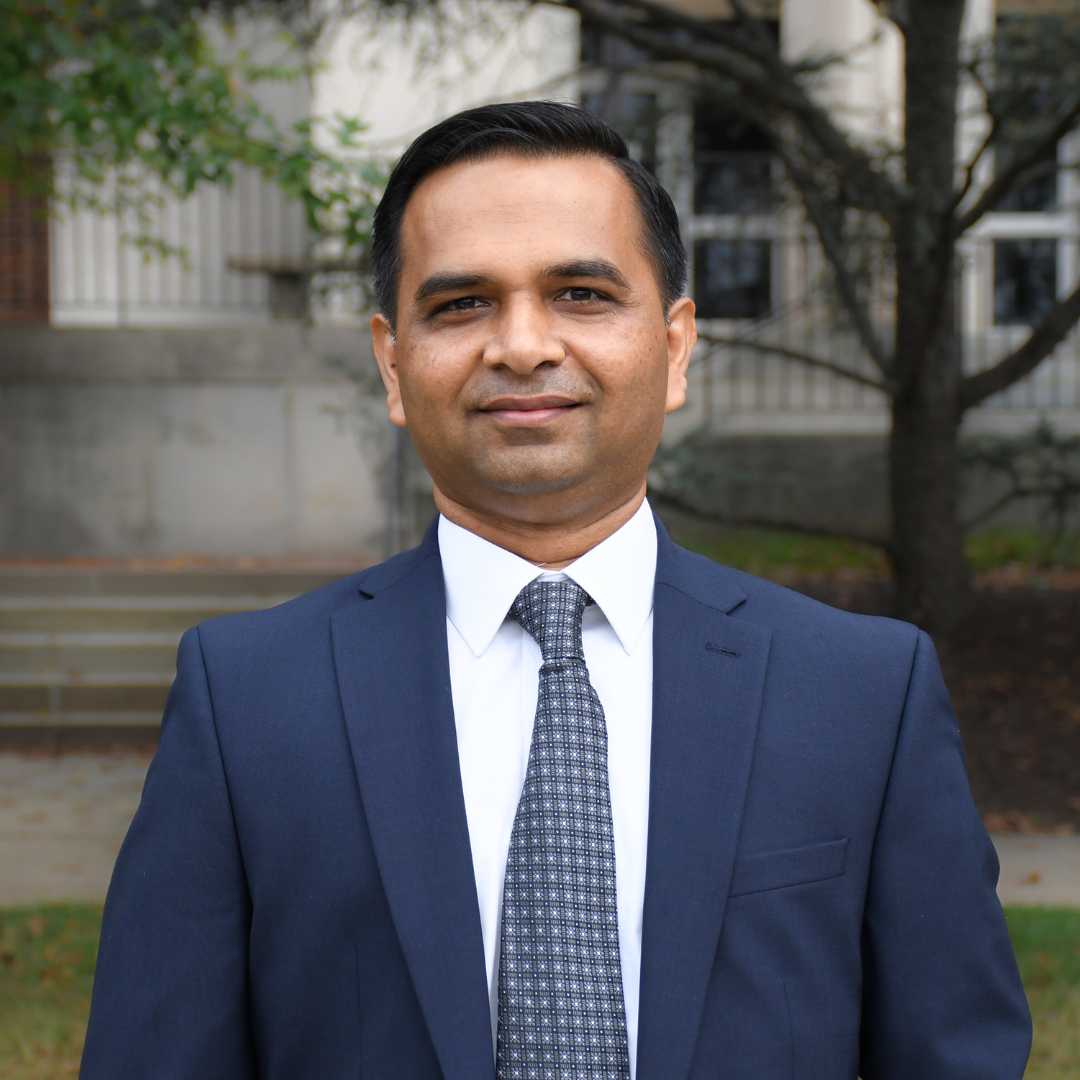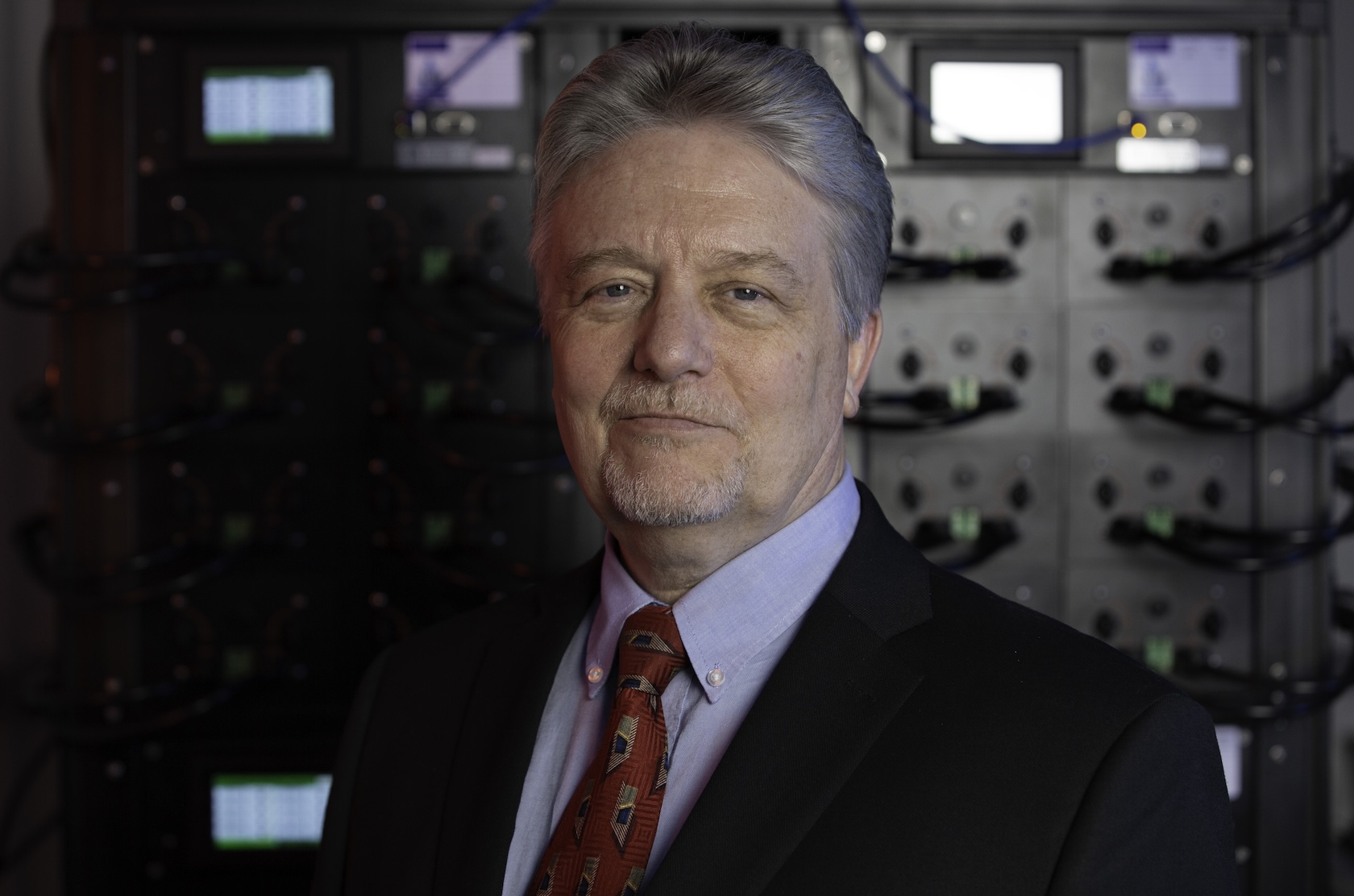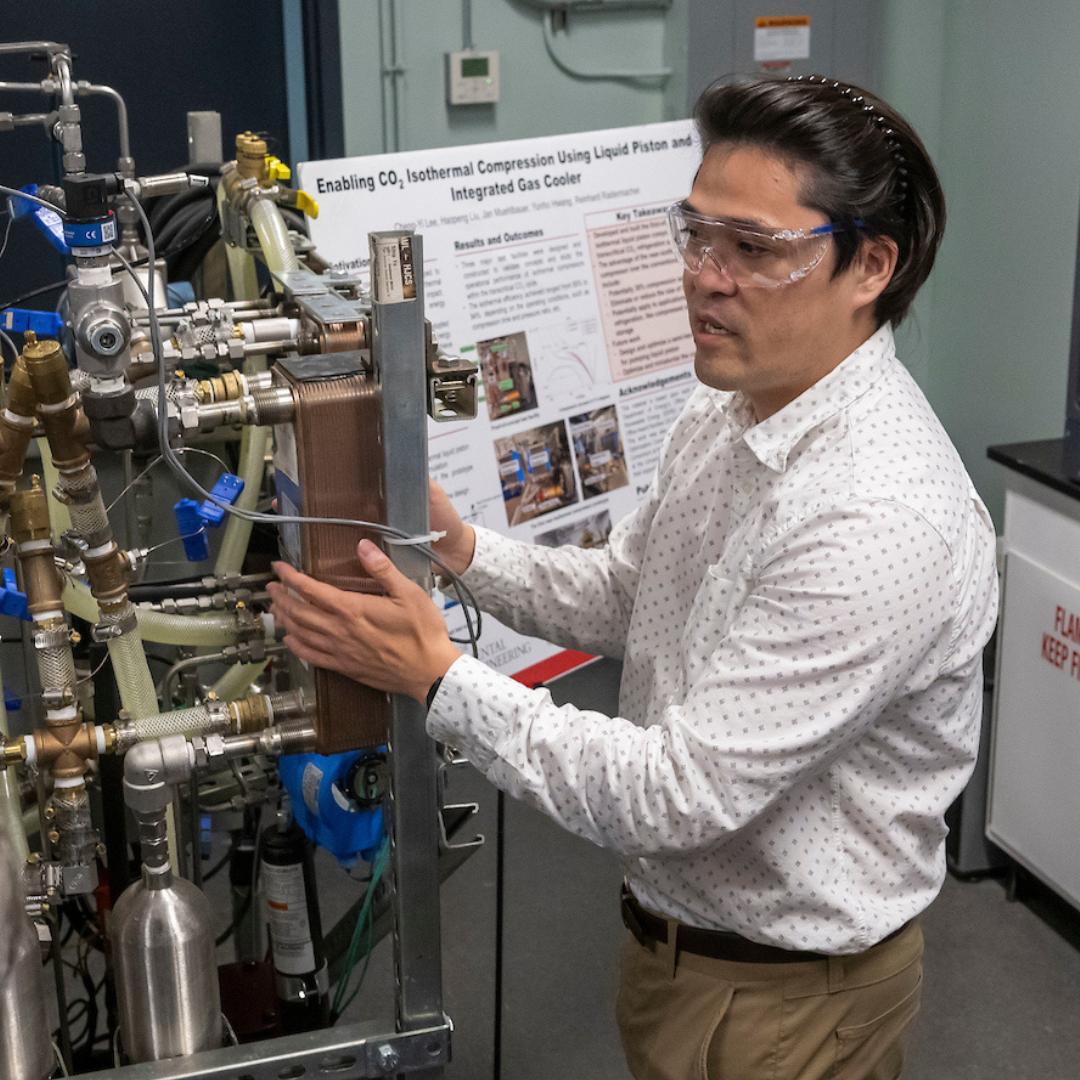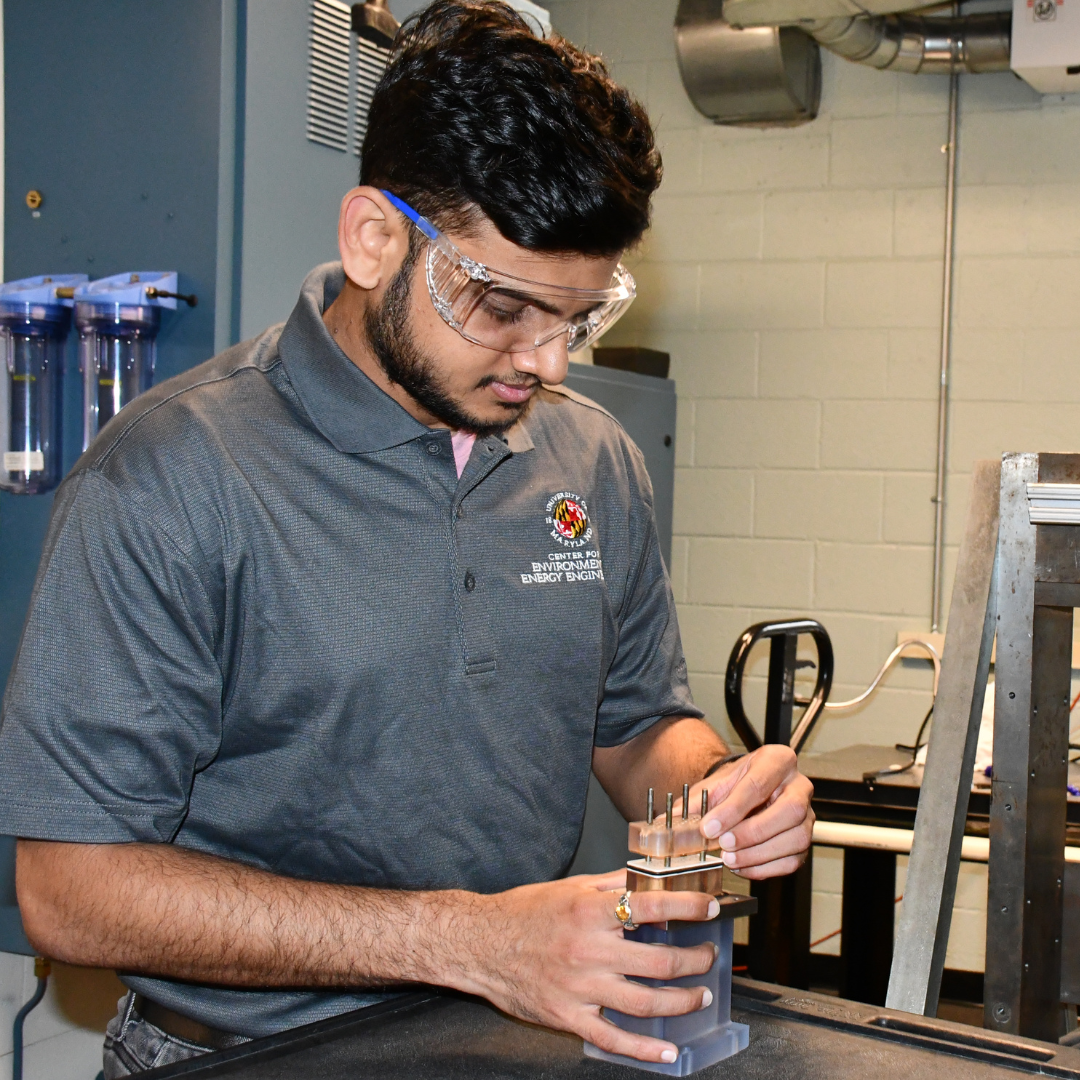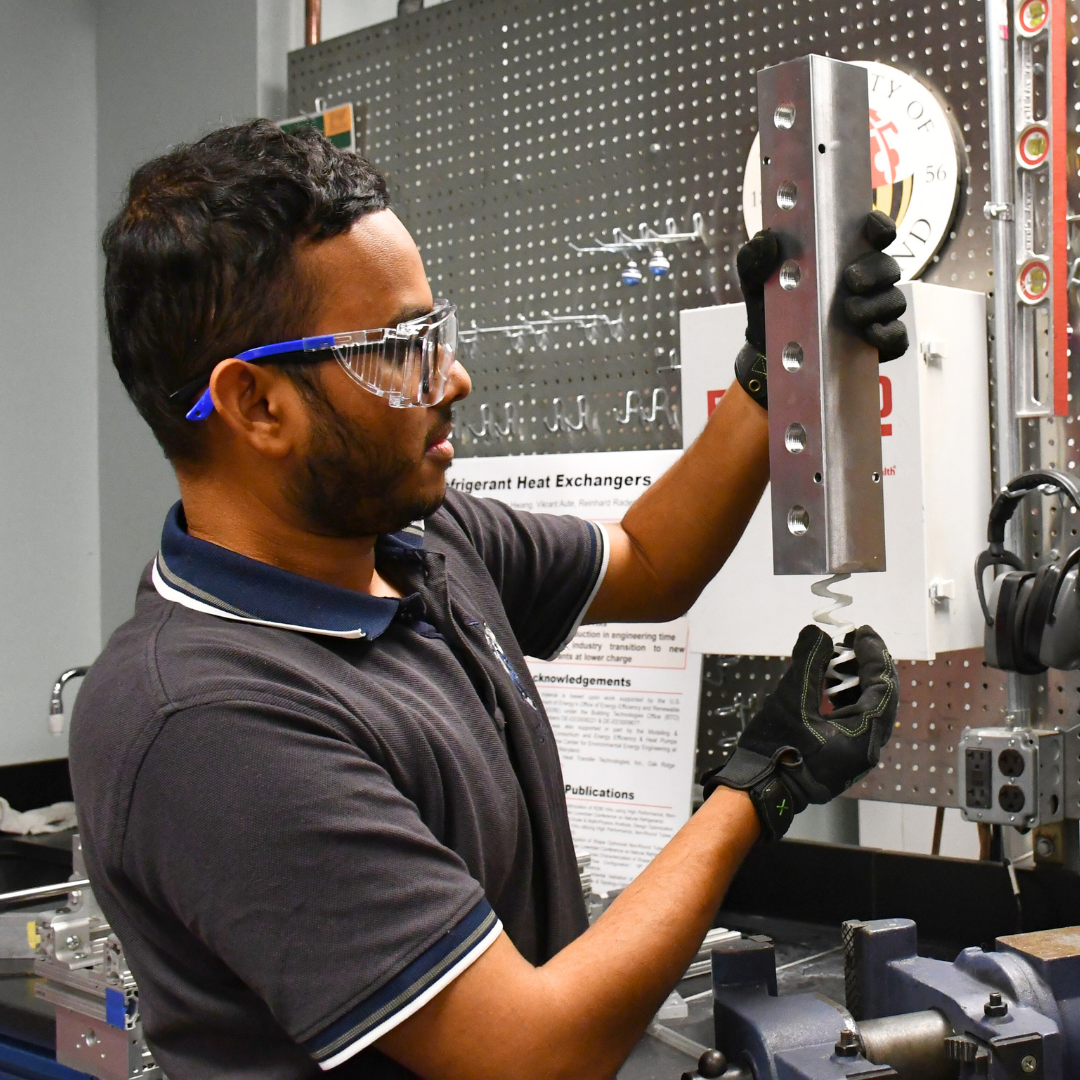News Story
Democratization of Information and Scientific Progress
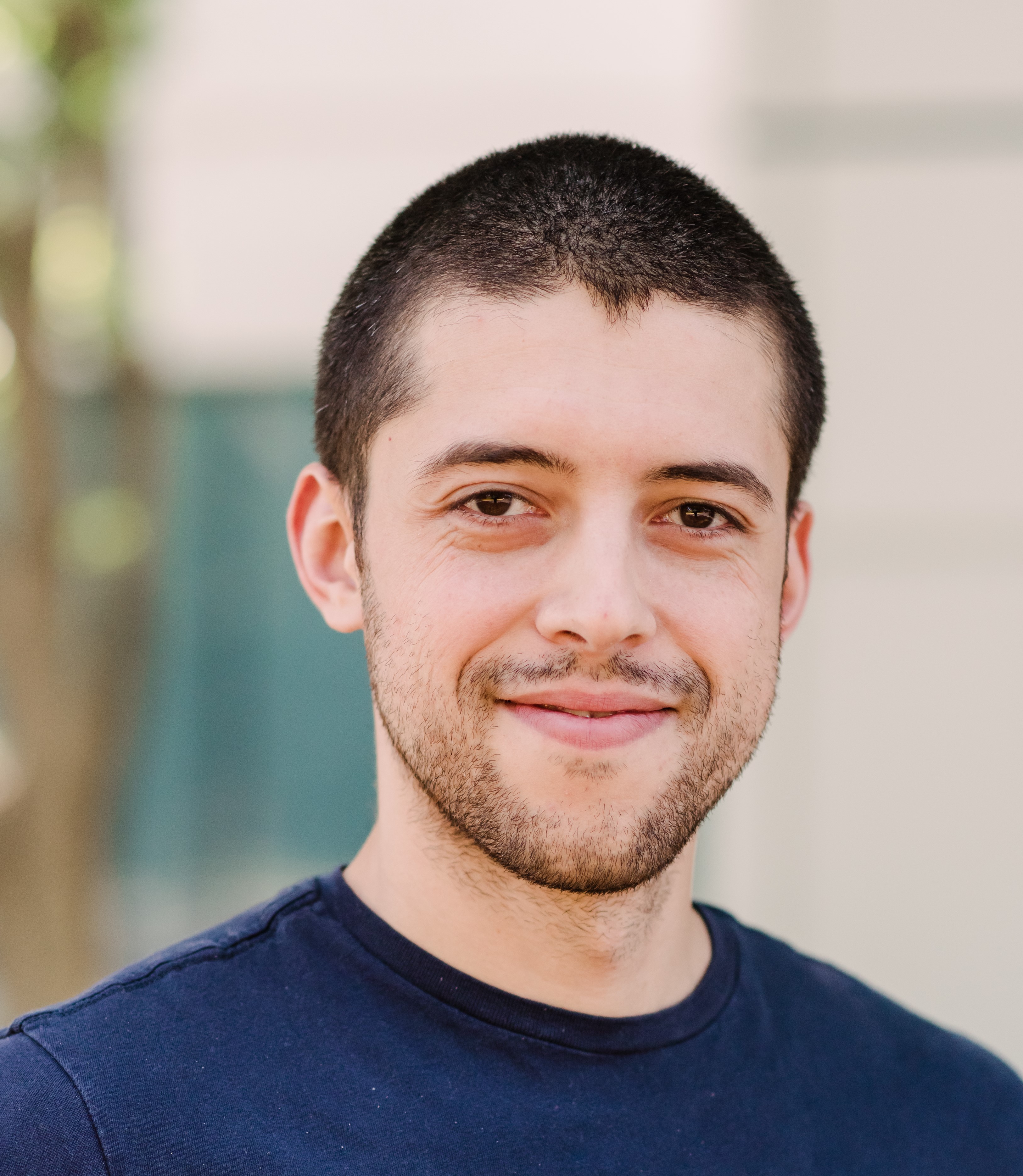
by Daniel Bacellar, Ph.D.
In a past editorial, Professor Radermacher discussed the business opportunity to increase productivity by improving people’s individual comfort. The latter is complex and subjective; it is impractical to break it down into specific metrics that can be broadly applied. The truth is technology and data are already available to assess individual’s physiological and emotional response to their surroundings and could be very well used to overcome hurdles like quantifying and measuring comfort.
This is one of many problems that have been formulated but don’t get deserved attention and have no apparent solution. What is holding us back?
In Isaac Asimov’s short story “The Last Question” [1], a supercomputer - Multivac - kept storing all human knowledge over centuries and was able to provide an answer to any question except for: “How can entropy be reversed?”. His visionary idea is eerily similar to our big internet giants, which have been storing not only human knowledge but behavior and emotional responses for the past couple of decades.
In the Netflix documentary “/the social dilemma”, tech professionals from Silicon Valley describe how increasingly accurate Artificial Intelligence (AI) models harvest people’s data to carefully tailor easy access information that suits, and drives, our behaviors, beliefs and convictions; as such – they say - to exploit our vulnerabilities for biased interests. This is not at all democratic, it is very alienating and divisive, but remarkably powerful with plenty of potential to do good things.
Brené Brown, in her book “Dare to Lead” [2], writes: “humans are not thinking beings that feel, humans are feeling beings that think.”. In other words, the human experience is first a subjective emotional response to the environment, and second an objective analysis in order to understand the environment. The former is often overlooked and neglected by Science. Charles Mann paraphrases Robert Creases words as: “the scientific enterprise studies phenomena – […] – by transferring them from the world we live in, with all of its confusion and sentiment, into a special workshop, a place they can be reduced to abstract, measurable quantities and manipulated in a controlled manner.” [3]. Until we can bring science and the full human experience together, we will continue to reinforce alienation and distrust which are major roadblocks to scientific progress - and progress in general.
Perhaps it is time to use our high technology for truly common interests and let the internet be a “Multivac”, where everyone has equal access to the same shared reality. Even if we never find out how entropy can be reversed, we’ll be looking forward together. We owe it to our future generations.
References
|
[1] |
I. Asimov, "The Last Question," in Robot Dreams, New York, Ace Books, 1986, pp. 234-246. |
|
[2] |
B. Brown, Dare to Lead, New York: Random House, 2018. |
|
[3] |
C. C. Mann, The Wizard and the Prophet, New York: Vintage Books, 2018. |
Published January 4, 2021





